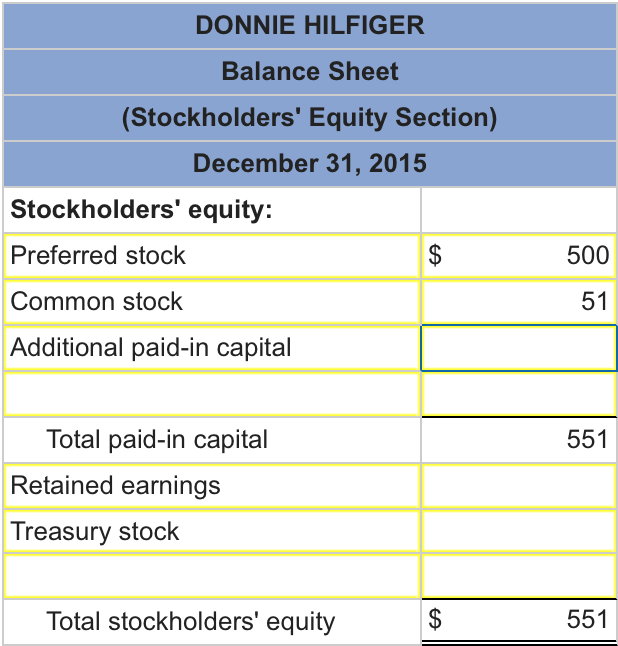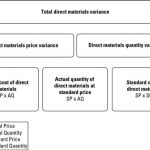
According to Jensen Huang, speaking in a keynote last year, the HGX H100 baseboard costs $200,000, so we actually know this number and this is also consistent with the pricing we see in the market for full systems. Intel ebitda definition just told us the baseboard with eight Gaudi 3 accelerators on it costs $125,000. The H100 baseboard is rated at 8 petaflops, and the Gaudi 3 baseboard is rated at 14.68 petaflops at BFP16 precision with no sparsity.

Machine learning on the doorstep
This leads to improved productivity and resource allocation, ultimately resulting in cost savings. AI is capable of learning over time with pre-fed data and past experiences, https://www.kelleysbookkeeping.com/ but cannot be creative in its approach. Although it is impressive that a bot can write an article on its own, it lacks the human touch present in other Forbes articles.

Job Losses Due to AI Automation
Interacting with AI systems too much could even cause reduced peer communication and social skills. So while AI can be very helpful for automating daily tasks, some question if it might hold back overall human intelligence, abilities and need for community. Though if the AI was created using biased datasets or training data it can make biased decisions that aren’t caught because people assume the decisions are unbiased. That’s why quality checks are essential on the training data, as well as the results that a specific AI program produces to ensure that bias issues aren’t overlooked. By automating repetitive tasks, analyzing data quickly and accurately, and optimizing overall efficiency, AI brings substantial benefits to project management. Using predictive analytics allows project managers to manage risks proactive, while real-time monitoring lets them spot issues right away.
Security Risks
One of the most famous statements of principle is the 2018 Montreal Declaration on Responsible AI, from the University of Montreal. That declaration frames many high-minded goals, such as autonomy for human beings, and protection of individual privacy. That was one of the conclusions offered last month in the fourth annual AI Index, put out by HAI, the Human-Centered AI institute at Stanford University. In its chapter devoted to ethics, the scholars noted they were "surprised to discover how little data there is on this topic." "That promises to generate a tremendous range of downstream applications of AI for both socially useful and less useful purposes."
- The companion article to this article, AI in sixty seconds, attempts to provide some basic understanding to those who have absolutely no familiarity with the technology.
- And while, of course, there are risks to consider, the reward can be considered well worth it.
- Without transparency concerning either the data or the AI algorithms that interpret it, the public may be left in the dark as to how decisions that materially impact their lives are being made.
- Some of the biggest risks today include things like consumer privacy, biased programming, danger to humans, and unclear legal regulation.
- As AI evolves and becomes more sophisticated, governments, businesses, and society as a whole must examine its impact.
Our team of AI experts are pushing the EU to shield your rights from the risks posed by AI. But well-funded AI corporate lobbyists are successfully convincing lawmakers to water down these protections. Since we do not have to memorize things or solve puzzles to get the https://www.accountingcoaching.online/tax-concerns-when-your-nonprofit-corporation-earns/ job done, we tend to use our brains less and less. An example of this is using robots in manufacturing assembly lines, which can handle repetitive tasks such as welding, painting, and packaging with high accuracy and speed, reducing costs and improving efficiency.

Google’s artificial intelligence company DeepMind are collaborating with the UK’s National Health Service in a handful of projects, including ones in which their software is being taught to diagnose cancer and eye disease from patient scans. Others are using machine learning to catch early signs of conditions such as heart disease and Alzheimers. The equivalent of 300 million full-time jobs could be lost to automation, according to an April 2023 report from Goldman Sachs Research. The authors also estimated "that roughly two-thirds of U.S. occupations are exposed to some degree of automation by AI." The story is complicated, though. Economists and researchers have said many jobs will be eliminated by AI, but they've also predicted that AI will shift some workers to higher-value tasks and generate new types of work.

Such obscurity can obfuscate how the data may already be biased versus the truth. Those designing deep learning neural networks are simultaneously exploring ways the systems can be more efficient. AI systems are reaching tremendous size in terms of the compute power they require, and the data they consume. And their prevalence in society, both in the scale of their deployment and the level of responsibility they assume, dwarfs the presence of computing in the PC and Internet eras. At the same time, increasing scale means many aspects of the technology, especially in its deep learning form, escape the comprehension of even the most experienced practitioners.
Drawing on longstanding work in bioethics, Canca proposes that ethics of AI should start with three core principles, namely, autonomy; the cost-benefit tradeoff; and justice. Those are "values that theories in moral and political philosophy argue to be intrinsically valuable, meaning their value is not derived from something else," wrote Canca. A list of which institutions have declared themselves in favor of ethics in the field since 2015 has been compiled by research firm The AI Ethics Lab. Institutions declaring some form of position on AI ethics include top tech firms such as IBM, SAP, Microsoft, Intel, and Baidu; government bodies such as the U.K. House of Lords; non-governmental institutions such as The Vatican; prestigious technical organizations such as the IEEE; and specially-formed bodies such as the European Commission's European Group on Ethics in Science and New Technologies.
AI systems, due to their complexity and lack of human oversight, might exhibit unexpected behaviors or make decisions with unforeseen consequences. This unpredictability can result in outcomes that negatively impact individuals, businesses, or society as a whole. AI-driven automation has the potential to lead to job losses across various industries, particularly for low-skilled workers (although there is evidence that AI and other emerging technologies will create more jobs than it eliminates). The rise of AI-driven autonomous weaponry also raises concerns about the dangers of rogue states or non-state actors using this technology — especially when we consider the potential loss of human control in critical decision-making processes.
One example of zero risks is a fully automated production line in a manufacturing facility. Robots perform all tasks, eliminating the risk of human error and injury in hazardous environments. The risk of countries engaging in an AI arms race could lead to the rapid development of AI technologies with potentially harmful consequences. It’s crucial to develop new legal frameworks and regulations to address the unique issues arising from AI technologies, including liability and intellectual property rights. Legal systems must evolve to keep pace with technological advancements and protect the rights of everyone.
To minimize discrimination and ensure fairness, it is crucial to invest in the development of unbiased algorithms and diverse training data sets. Substantial advances in language processing, computer vision and pattern recognition mean that AI is touching people’s lives on a daily basis — from helping people to choose a movie to aiding in medical diagnoses. With that success, however, comes a renewed urgency to understand and mitigate the risks and downsides of AI-driven systems, such as algorithmic discrimination or use of AI for deliberate deception.